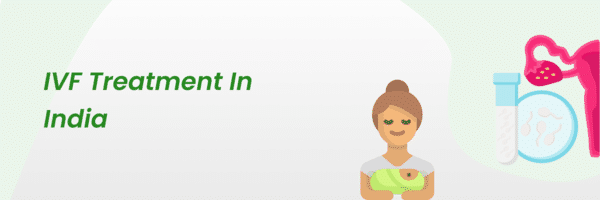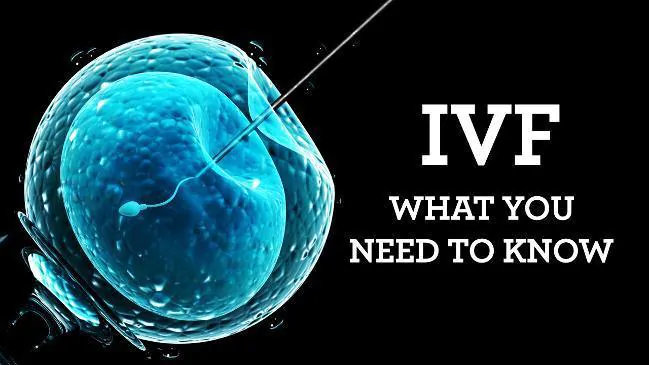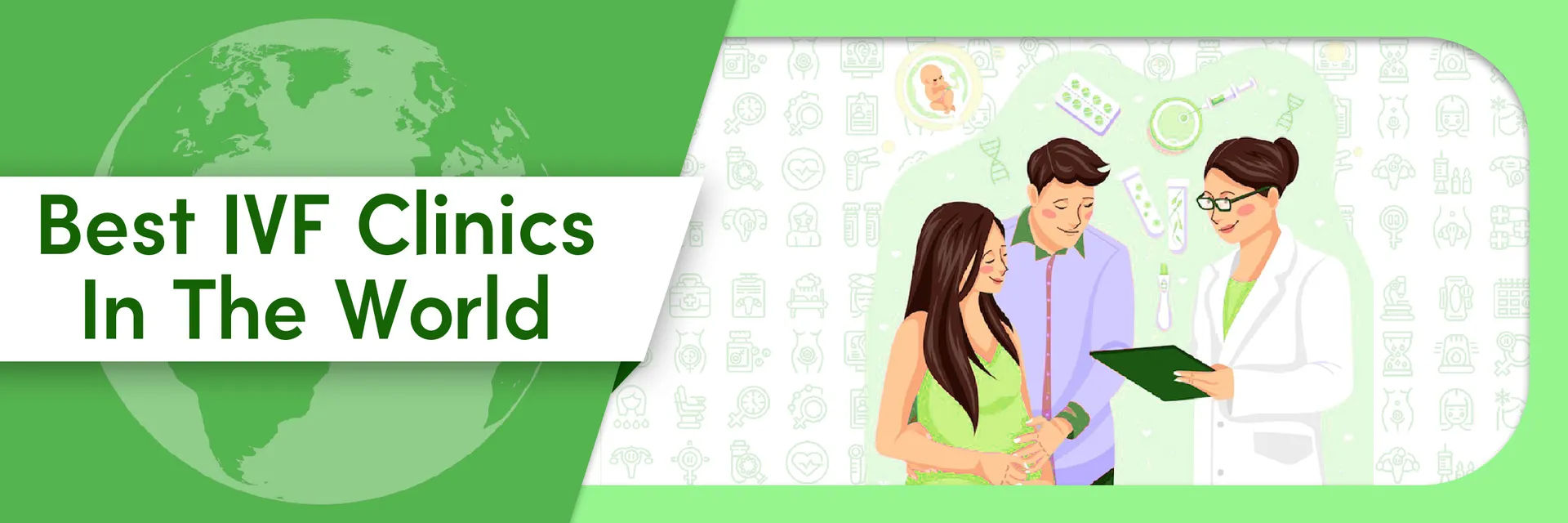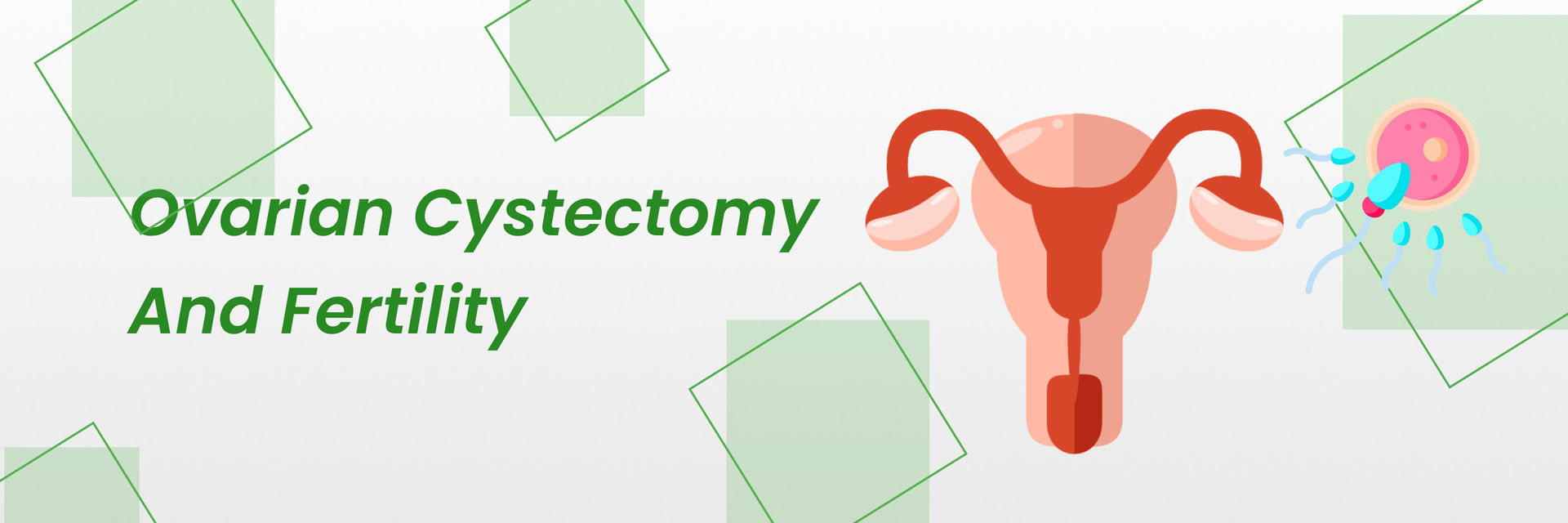The journey to parenthood can need medical help. It optimizes conditions for a successful pregnancy. Hysteroscopy is often used in fertility treatments. It offers hope to many facing uterine challenges. This article explains how hysteroscopy can aid pregnancy success. It highlights its effectiveness and the procedure's details. It also covers what patients expect before, during, and after the procedure.
Let's dive in and see how this procedure could be the key to unlocking your pregnancy success
What is Hysteroscopy?
Hysteroscopy is a diagnostic and therapeutic procedure that allows a doctor to look inside the uterus to diagnose and, if necessary, treat causes of abnormal bleeding. The procedure involves inserting a hysteroscope. It's a thin, lighted tube. The tube goes through the vagina and cervix into the uterus. This gives a clear view of the uterine lining and the openings of the fallopian tubes.
Ready to explore how hysteroscopy can enhance your fertility journey? Schedule a consultation with experienced fertility specialists today and take the first step towards realizing your dream of parenthood!
Pregnancy Success After Hysteroscopy
Hysteroscopy is effective for finding fertility problems. It also prepares the uterus for pregnancy.
- According to research, approximately 20% to 30% of women can conceive naturally after undergoing hysteroscopy.
- If you’re opting for IVF treatments, the success rate after hysteroscopy increases from 40% to 50%.
- When used to treat infertility conditions like endometriosis or polyps, research shows that women who undergo hysteroscopic polypectomy have a 50% higher success rate of getting pregnant and delivering the child at full-term labor.
- A healthy uterine lining is essential for embryo implantation, and hysteroscopy can help ensure the uterine environment is conducive to pregnancy.
Doctors have found that hysteroscopic surgery can help women have better chances of getting pregnant, especially if they have specific issues with their uterus. For example, women who had hysteroscopic surgery for a condition called cesarean scar syndrome had a 71% chance of getting pregnant afterwards.
Also, they noticed that the thickness of the uterus wall (called the myometrium) was better in women who got pregnant after the surgery than those who didn't. This suggests that the success of the surgery is linked to better chances of getting pregnant.
Timing is everything. So, when is the best time to try for a baby after a hysteroscopy? Read further and about the best time for yourself.
How Soon After Hysteroscopy Can You Try to Conceive?
- After a hysteroscopy, it’s generally recommended to wait till you get at least one menstrual cycle before attempting to conceive. This is usually around 4-6 weeks later. This allows the uterus time to heal and can vary for individuals. Some doctors may advise waiting for two weeks to ensure proper recovery, while others may recommend waiting a few weeks or even up to three months in cases where larger fibroids were removed. It’s important to follow the specific advice of your gynecologist based on your condition.
- Make sure you feel physically ready. Ensure you have no lingering effects from the procedure before trying to conceive.
What To Expect After a Hysteroscopy?
- Mild Symptoms: You can expect some light bleeding and cramping.
- Quick Recovery: Individuals can return to normal activities within 1-2 days.
- Follow-up: You may have a follow-up appointment to discuss findings.
- Monitor Complications: Be alert and watch for severe pain, heavy bleeding, fever, or bad-smelling discharge.
- Rest and Care: Avoid tampons and sexual intercourse for a period as advised by your doctor.
Long-Term Benefits of Undergoing Hysteroscopy for Pregnancy
- Improved Fertility: Hysteroscopy can improve fertility. It diagnoses and treats conditions like polyps, fibroids, or uterine septa. This can enhance the chances of conception.
- Reduced Miscarriage Risk: Fixing uterus abnormalities may cut miscarriage risk.
- Enhanced Implantation: Enhanced Implantation treats issues inside the uterus. It makes the uterus better for embryo implantation.
- Accurate Diagnosis: An accurate diagnosis provides a precise assessment of uterine health. This is crucial for planning future pregnancies.
- Targeted Treatments: Targeted treatments allow for specific treatments. They are less invasive than other surgical methods. They lead to quicker recovery and less impact on future fertility.
Want more detailed information on hysteroscopy and its benefits? Book an appointment with our fertility experts and learn how you can improve your chances of a successful pregnancy.
Conclusion
Hysteroscopy stands as a critical step in the fertility treatment process, offering hope and solutions to couples striving for parenthood. Its role in diagnosing and treating uterine conditions has a direct correlation with pregnancy success, making it an invaluable tool in the field of reproductive medicine. As with any medical intervention, weighing the benefits against the potential risks and proceeding with informed consent and under the guidance of experienced medical professionals is essential.
FAQs
What Are the Chances of Natural Conception After Hysteroscopy?
Many women have better natural conception rates after hysteroscopy. This is particularly true when removing obstructions such as polyps or adhesions.
How Soon After Hysteroscopy Can You Try to Conceive?
Typically, it is safe to try to conceive after one menstrual cycle post-hysteroscopy. But, your doctor may suggest it based on your specific situation.
Does Hysteroscopy Affect Menstrual Cycle?
Hysteroscopy may disrupt your periods. But, they usually return to normal within one to two months.
When to Start IVF After Hysteroscopy?
IVF can start soon after a hysteroscopy. It depends on the person's treatment plan and recovery. Consulting with a fertility specialist is crucial. You need to tailor the timing to your health needs and fertility goals.





